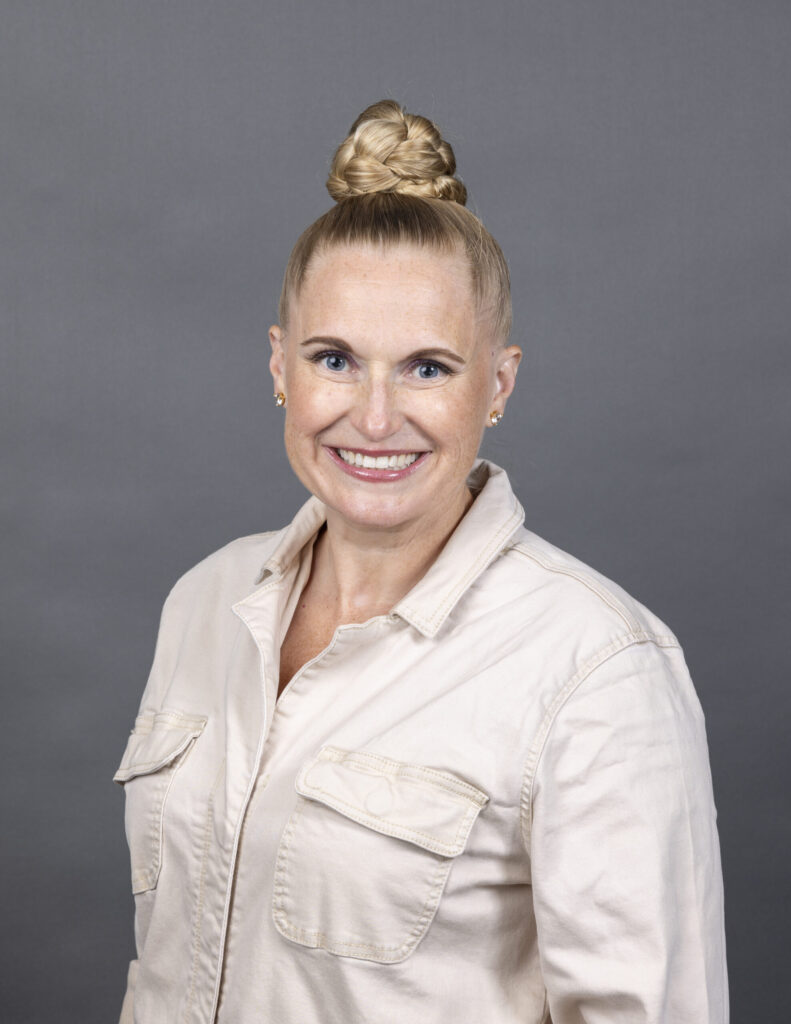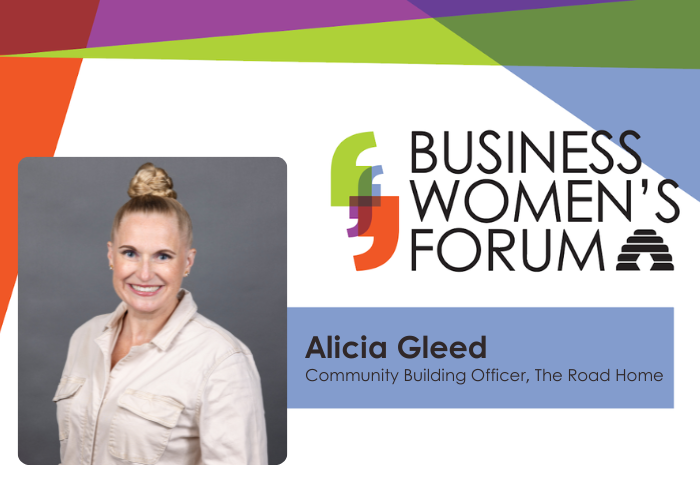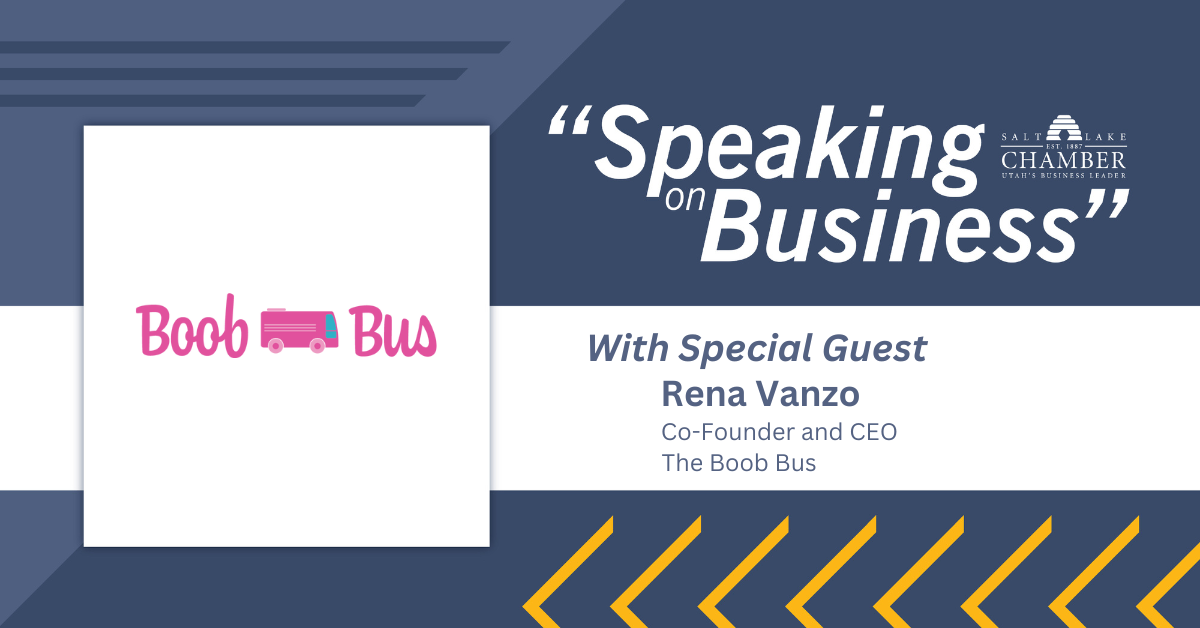The Power of Community: Why We Can’t Thrive Alone
We’ve all heard the phrase, “No man is an island.” For a long time, I brushed it off without much thought. But lately, it’s been resonating with me more than ever. We need people, we need community, to truly thrive.
The word community literally means “a feeling of fellowship with others as a result of sharing common attitudes, interests and goals.” So why is community so important?
As I explored this question, I came across numerous articles emphasizing the vital role community plays in our overall well-being. According to the National Library of Medicine, our sense of belonging to a community is directly linked to our mental and physical health.
Community can be built around nearly anything: shared interests, life phases, gender, professional identity or aspirations. Whether it’s motherhood, a career path or a hobby, community is everywhere – if we’re open to finding it.
I was recently reminded of this in a powerful way. I was at the hospital with my daughter for an appointment. As luck would have it, I’d forgotten a diaper and was frantically searching for one. A kind mom overheard my conversation and my growing anxiety. Without hesitation, she offered me an extra diaper that fit perfectly. In that moment, I felt a deep sense of connection, a quiet, unspoken community of moms helping moms. It was simple, but profound.
Community at Work Matters, Too
Our need for community isn’t limited to our personal lives. We also need a sense of connection at work, where we spend nearly a third of our lives.
So, how can we build that sense of community in the workplace?
- Team-building activities help us connect with our colleagues, fostering collaboration and improving communication.
- Volunteering together unites people around a shared purpose, boosting morale and reducing burnout.
Building a Professional Community
Work isn’t the only place to build professional relationships. Throughout my career, I’ve learned that professional communities offer tremendous value. Here are a few ways to get involved:
- Join professional organizations. For example, the Salt Lake Chamber’s Business Women’s Forum brings together like-minded women to share insights, foster growth and support one another.
- Engage on professional social media platforms. LinkedIn and Facebook host countless industry-specific groups where you can ask questions, exchange knowledge and connect with others in your field.
- Be intentional at events. Go beyond collecting business cards — attend networking events with the goal of forming authentic, lasting relationships.
Why It’s Worth the Effort
Yes, building and nurturing a community takes effort. But the benefits are powerful. Community supports us during challenges, celebrates our successes and provides resources when we need them. It can guide your career, expose you to new ideas and expand your perspective.
One of the greatest things about being part of a community is the diversity of thought it offers. Engaging with people who think differently helps me grow both as a leader and as an individual.
So, while “No man is an island” may sound cliché, living it is essential, for your health, your well-being and your career.
Citations:
1 – Oxford Languages Dictionary

About Alicia Gleed, Community Building Officer, The Road Home
With over 18 years at The Road Home, Alicia Gleed is dedicated to addressing homelessness and empowering individuals in the community. Alicia has held various roles in the agency, including Director of Marketing and Communications, and is currently serving as the Community Building Officer.
Prior to this, Alicia taught English and Art to junior high school students and coached cheerleading. A graduate of Utah Valley University with a Bachelor’s in English Education, Alicia has also completed numerous continuing education courses in art and marketing.
Passionate about service and advocacy, Alicia is committed to creating inclusive environments that help individuals overcome homelessness.
*Any reference obtained from this blog to a specific initiative, issue or topic does not constitute or imply an endorsement by the Salt Lake Chamber. The views and opinions expressed in this blog do not necessarily reflect those of the Salt Lake Chamber.


